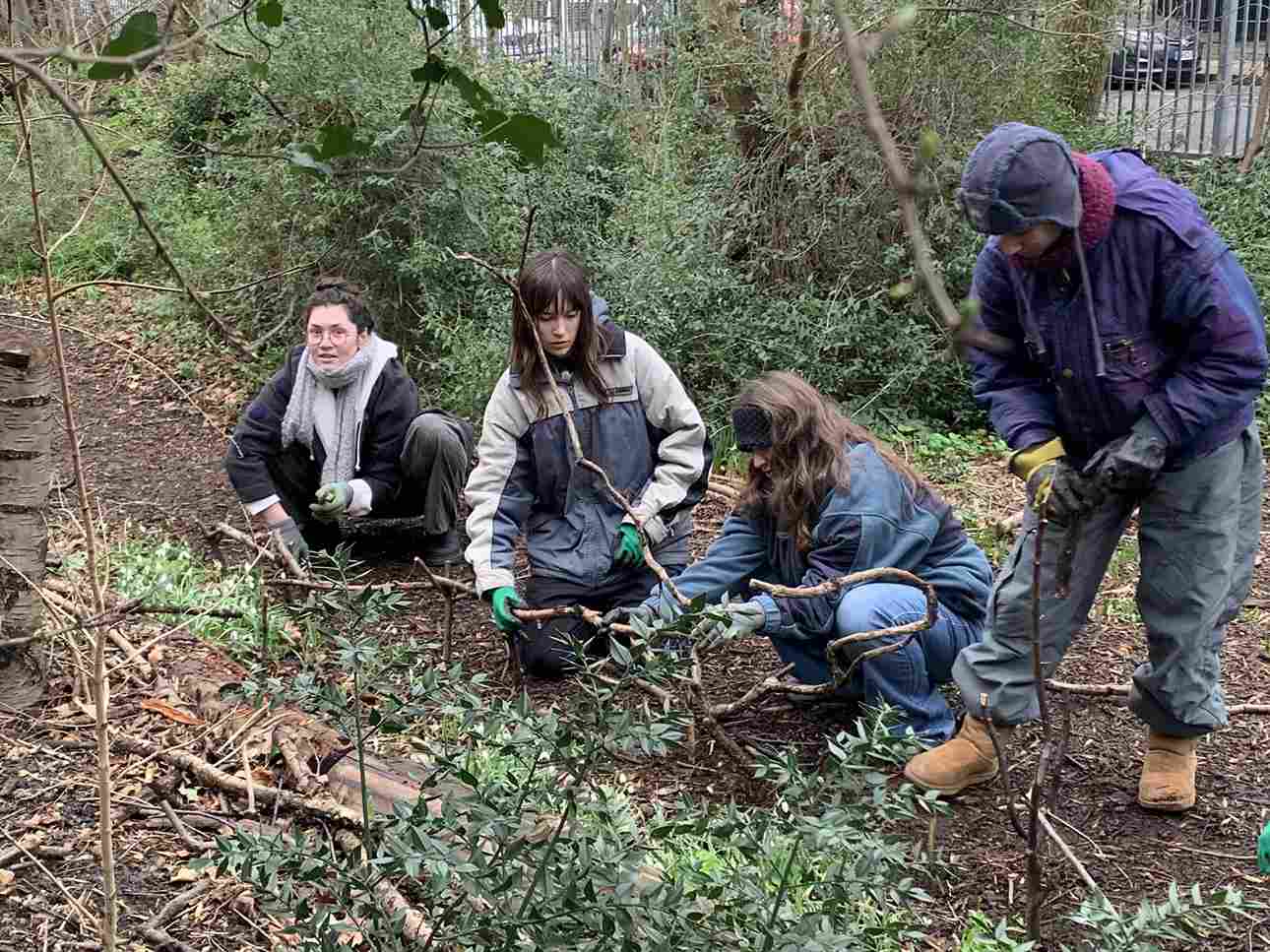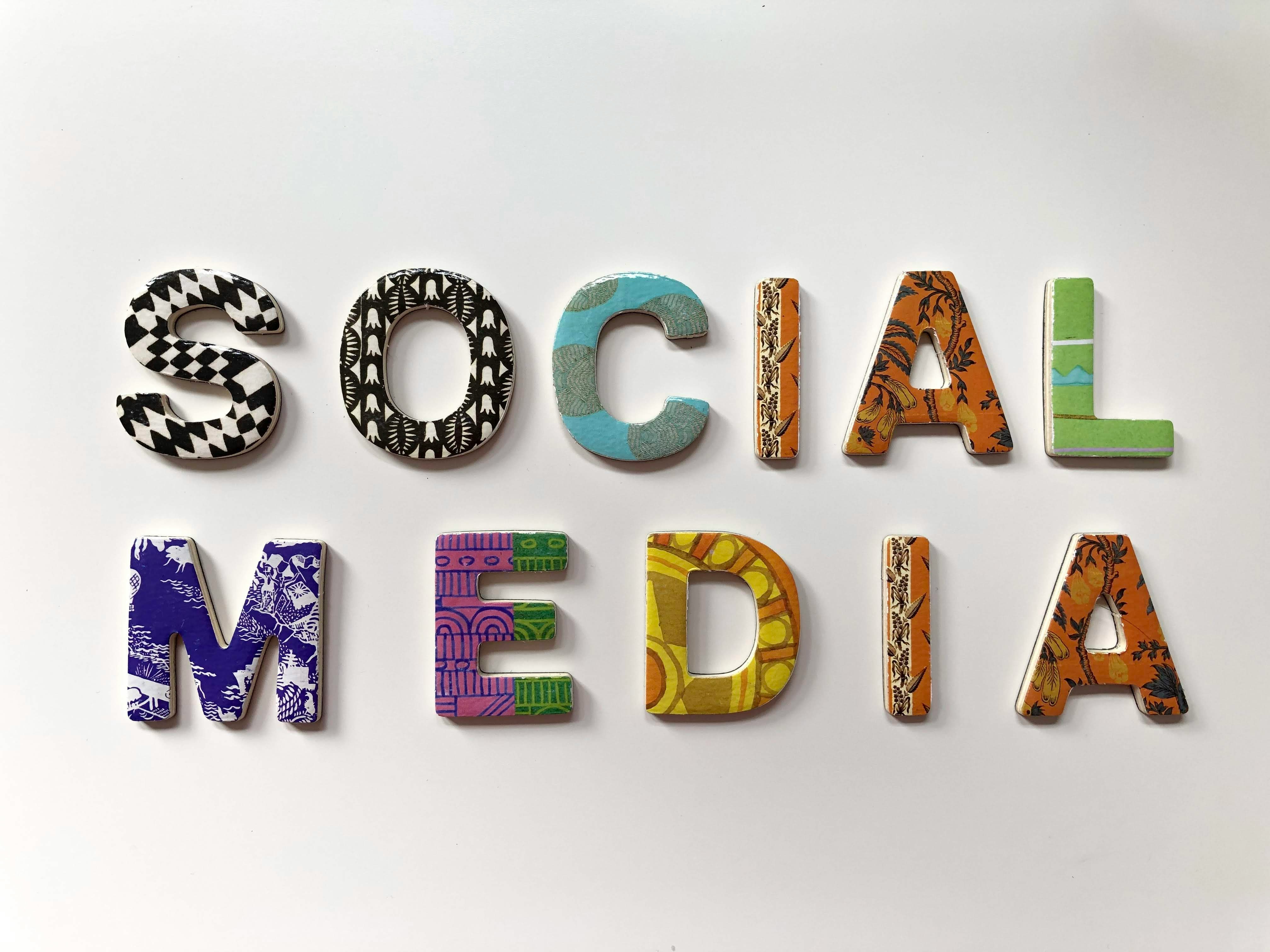
Barriers with Menstrual Tracking Apps

Summary
Menstrual tracking apps have a variety of functions and benefits. They can increase understanding of one’s body and cycle, help with symptom and pain management, and help with fertility tracking. Personalised healthcare through apps, watches and (Oura) rings promises empowerment, a sense of control. On the other hand, there are numerous critiques of menstrual tracking apps, ranging from concerns around inaccurate and misleading fertility algorithms to data protection issues and critiques around self-discipline through the body.
People’s interactions with menstrual tracking apps are well-documented in academic research and opinion pieces and paint the picture of an ambivalent relationship, with users acknowledging both the good and bad sides of tracking. The journey of downloading an app, however, has not been studied in depth.
This initial decision is an important stage to focus on. It represents the start of an often intimate and long-term relationship with an app. I wanted to focus on the process that people go through when deciding on an app (or deciding not to use an app) in my project. Do they have all the information they need? What do they care about, what are some of their frustrations? How much time are they willing to commit to the decision? And, bringing these things together, how much agency do they have in this process?
Approach and Methodology
I began with an interest in self-tracking and the Quantified Self movement with its promises of increased self-knowledge and agency among a larger movement around personalised healthcare. There are different critiques of self-tracking touching on aspects like health literacy, data fetishism, data exploitation and Foucauldian concepts around self-discipline through the body. I explored these critiques and people’s relationship with self-tracking in last year’s term 3 project, and wanted to delve even deeper into the topic this year. To develop a more nuanced analysis and response, I decided to hone in on a specific case study that exemplifies body politics and allows me to critically explore personalised healthcare: digital menstrual tracking through apps.
I used Interviews and structured observation to explore people’s decision making processes related to menstrual tracking apps and the relationship they have with their cycle. I also used Natural Language Processing. I wanted to gather primary data on the process of deciding on a menstrual tracker - the start of a relationship with an app that often lasts multiple years.
In terms of disciplinary perspectives, Applied Ethics offering me a framework of analysing barriers by focusing on a specific value (agency). I also looked at this from a Philosophy, Sociology and Psychology perspective.
Proposal/Outcome
There were some interesting themes that emerged from the interviews about people’s relationship with menstrual tracking and their decision making progress:
- The impression that most apps are more or less the same (lack of significant differences)
- A distrust in sponsored apps in the AppStore
- A curiosity about innovative apps but a lack of knowledge on where to find these apps
- A reluctant relationship with digital tracking linked to people’s desire to spend less time on their phone)
- A desire to have a more community-focused approach to menstrual tracking and menstrual health
- A frustration with subscription models of apps (free content very restricted) but reluctance to use paid version of app(s)
In response to these findings, my product is a decision making framework that allows people who menstruate to make informed decisions about tracking apps.
Beyond Outcomes
It was a rewarding experience to do interviews on this topic and explore the relationship people have with their cycle, a topic which for some of them carried a lot of stigma from previous years experiences.
Want to learn more about this project?



Overall LIS Journey
Other Related Projects
Back to the repository


- A Pilot Based on Heathrow's Sustainability Goals

.svg)






